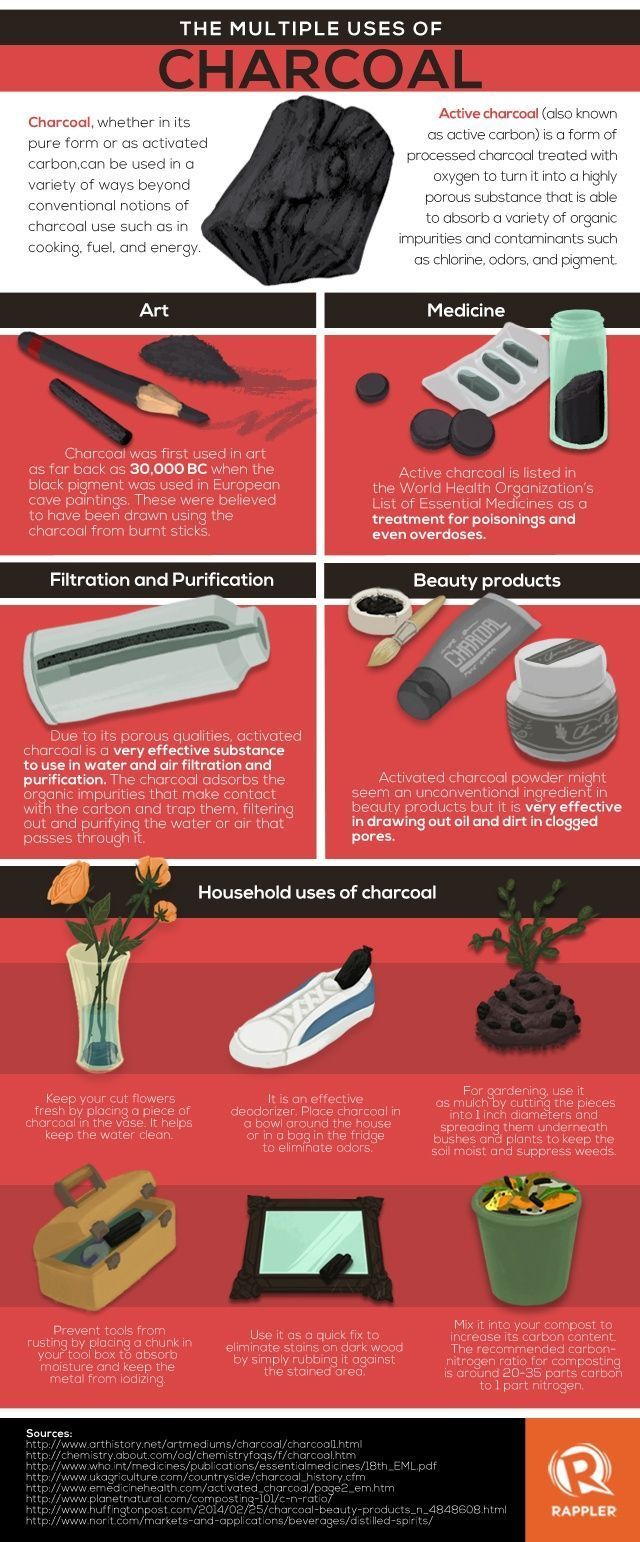Gain Insights Right Into Making Sure The Efficiency And Longevity Of Your Heat Pump System By Staying Away From Prevalent Installment Errors
Gain Insights Right Into Making Sure The Efficiency And Longevity Of Your Heat Pump System By Staying Away From Prevalent Installment Errors
Blog Article
Content Writer-McDougall Carson
When mounting a heat pump, you need to avoid usual blunders that can endanger its efficiency. Overlooking appropriate sizing might result in inadequacies and higher energy expenses. Overlooking insulation and securing might result in power waste and strain on the unit. In addition, placing the exterior unit incorrectly may affect its efficiency. By preventing these mistakes, you can ensure optimal working and toughness of your heat pump system.
Improper Sizing of Heat Pump
When it concerns the installation of heatpump, among the most usual errors is poorly sizing the unit for your space. Ensuring the appropriate size is vital for ideal efficiency. If the heatpump is too small, it will have a hard time to heat or cool your area efficiently, leading to raised power expenses and potential deterioration on the system.
On the other hand, if the heat pump is also large, it will certainly cycle on and off regularly, creating temperature level changes and reducing its life-span.
To prevent this blunder, it's essential to have a specialist analyze your room and advise the suitable size of the heat pump based upon aspects like square footage, insulation, ceiling elevation, and regional environment. By spending the time and effort to make sure the proper sizing, you can take pleasure in a comfy atmosphere while making best use of power performance and extending the life expectancy of your heatpump.
Inadequate Insulation and Sealing
To guarantee the effective procedure of your heat pump, it's important to resolve poor insulation and securing in your space. Correct insulation helps keep a consistent temperature level indoors, reducing the work on your heatpump. Poor insulation can bring about energy loss, making your heat pump work harder and less successfully.
Securing any type of voids or leaks in your space is similarly important. These spaces permit conditioned air to get away and exterior air to seep in, requiring your heat pump to compensate for the temperature level fluctuations.
Inaccurate Positioning of Outdoor System
Dealing with the placement of your heatpump's outside system is crucial to optimizing its performance. Setting up the outside device in an incorrect area can lead to efficiency issues and possible damage to the device.
One typical error to prevent is putting the outdoor device as well near to a wall or various other frameworks. https://realtybiznews.com/how-to-know-if-your-hvac-system-is-due-for-an-upgrade/98770909/ can limit airflow, triggering the unit to work more difficult to heat or cool your area, inevitably minimizing its efficiency and lifespan.
visit the next website to avoid is putting the outdoor unit in direct sunshine. While some sunlight is inevitable, excessive exposure can bring about overheating, particularly during warm summer days. It's ideal to place the outside unit in a shaded area to aid keep its optimum operating temperature.
In addition, ensure that the outdoor system is positioned on a stable and degree surface. Unequal ground can create vibrations and unnecessary strain on the system, influencing its efficiency gradually.
Click At this website
To conclude, staying clear of typical errors throughout heatpump setup is necessary for maximizing performance and long life of your system. By making sure correct sizing, sufficient insulation, sealing, and appropriate positioning of the exterior system, you can prevent issues such as inefficiencies, raised power expenses, and pressure on the unit. Putting in aircon service to attend to these essential elements will ultimately conserve you time and money in the long run.
